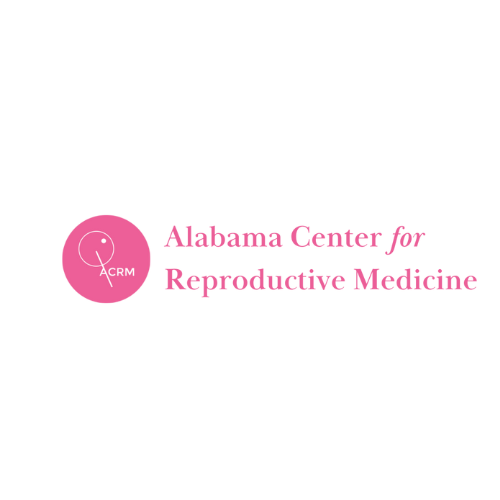Schedule a Consultation!
Fill out this short form below and someone from our staff will call you to schedule your consultation. Thank you!
The process of egg fertilization—a precursor to becoming pregnant—is one that requires quite a few biological factors to align just perfectly. Women have a store of primary eggs that grow into mature eggs ready to be fertilized by the sperm. However, not all eggs are created equal. In the world of fertility treatments, we use the term egg quality quite a bit. But what exactly is meant when we use this terminology? The answer might just surprise you!
The quality of the egg actually means the probability of successful embryo implantation. In one of the first stages of pregnancy, the developing embryo must successfully attach to the uterus and remain attached to it until birth. Some eggs will be more likely to result in embryo implantation than others. High-quality eggs will become high-quality embryos that have the best chances of viability. But there is no way to tell by simply examining the egg in the lab—it can only be deduced from the success rate of the implantation.
Egg quality is mediated by the age of the woman and the development of the egg. Women under the age of 38 usually have high-quality eggs that will result in more successful embryo implantations. Primary eggs develop in the follicles of the ovaries through a process of nuclear maturation and cytoplasmic process. When women are over the age of 38, egg quality decreases rapidly because the environment in the follicles is typically not as nurturing. This leads to more eggs having abnormalities, and, in turn, unsuccessful pregnancies.
Aside from age, other factors such as a woman’s diet, environment, stress levels, and hormonal balances will affect the quality of her eggs. A history of smoking, ovarian surgery, and chemotherapy/radiation will also influence the development of the eggs.
Why does egg quality affect the successful implantation? It relates to whether the mitochondrion in the egg has the energy to divide from the time that it leaves the ovaries to the time that it implants onto the wall of the woman’s uterus. When women get older, the energy store of the eggs and resulting embryos decrease and can run out of energy before it attaches to the uterine wall. When egg quality is an obstacle to pregnancy, your fertility specialist may recommend the use of donor eggs.
Of course, there are exceptions to every rule. Some women over the age of 38 experience immense success with options like fertility-stimulating medications and/or IUI, while others may need to look to more in-depth solutions such as IVF or the use of donor eggs. The first step to understanding the quality of your eggs is to reach out to the Alabama Center for Reproductive Medicine. Schedule a consultation today with our experienced, compassionate team of fertility specialists by clicking here or calling 205-778-4819.
Fill out this short form below and someone from our staff will call you to schedule your consultation. Thank you!

